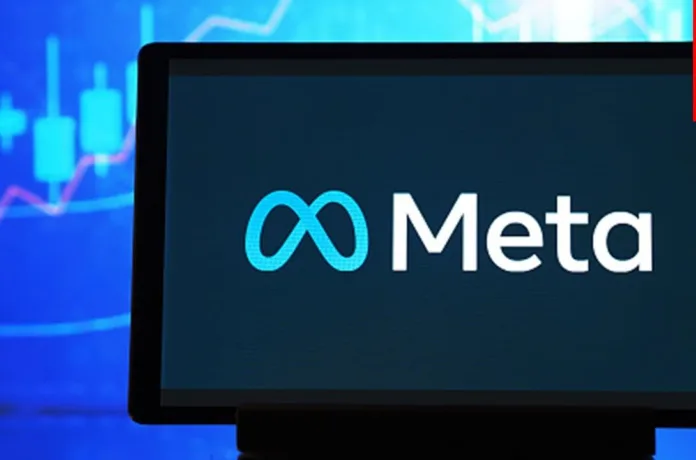New technology claims to rival industry leaders in generating realistic video and audio clips, while raising concerns about copyright and deepfake risks.
In a groundbreaking announcement on 4 October 2024, Meta, the parent company of Facebook and Instagram, introduced its latest artificial intelligence model, Movie Gen. This innovative tool aims to revolutionise the way users create videos by generating realistic-seeming video and audio clips in response to simple prompts. Meta asserts that Movie Gen can hold its own against offerings from leading startups such as OpenAI and ElevenLabs.
The excitement surrounding Movie Gen stems from its impressive capabilities. In the blog post detailing the launch, Meta shared several compelling samples of the model’s work, showcasing clips of animals engaging in playful activities, such as swimming and surfing. In a particularly striking demonstration, the model used real photographs of individuals to illustrate them in dynamic scenarios, including painting on a canvas.
Embed from Getty ImagesMovie Gen goes beyond mere visuals; it also generates synchronised background music and sound effects tailored to the content of the videos. For instance, in one creative instance, the tool added pompoms into the hands of a man running alone in a desert, while in another, it transformed a dry parking lot into a vibrant scene featuring splashing puddles beneath a skateboarder’s feet.
Users can expect videos of up to 16 seconds in length, complemented by audio clips lasting as long as 45 seconds. To validate its efficacy, Meta presented data from blind tests, which indicated that Movie Gen performs favourably compared to similar tools from competitors like Runway and ElevenLabs.
This launch comes at a time when Hollywood grapples with how to effectively incorporate generative AI technology into the filmmaking process. Earlier this year, Microsoft-backed OpenAI showcased its own product, Sora, which can generate feature film-like videos based on text prompts. Industry technologists eagerly await these advancements, recognising the potential to enhance and expedite various aspects of film production.
However, the excitement is tempered by concerns regarding copyright. Many industry observers worry that these AI systems have been trained on copyrighted material without permission, leading to potential legal challenges. Furthermore, lawmakers are increasingly highlighting the risks associated with AI-generated deepfakes, especially as they begin to infiltrate elections across the globe, including in the United States, Pakistan, India, and Indonesia.
Despite the promise of Movie Gen, Meta representatives have indicated that the company does not plan to make the model available for open use by developers, unlike its Llama series of large-language models. Instead, they expressed a commitment to working directly with content creators and the entertainment community to explore Movie Gen’s applications. The technology is expected to be integrated into Meta’s own products sometime next year, reflecting the company’s strategic approach to its use.
In summary, Movie Gen represents a significant leap forward in AI-driven video creation, offering both exciting possibilities and considerable challenges. As the entertainment industry seeks to harness these powerful tools
